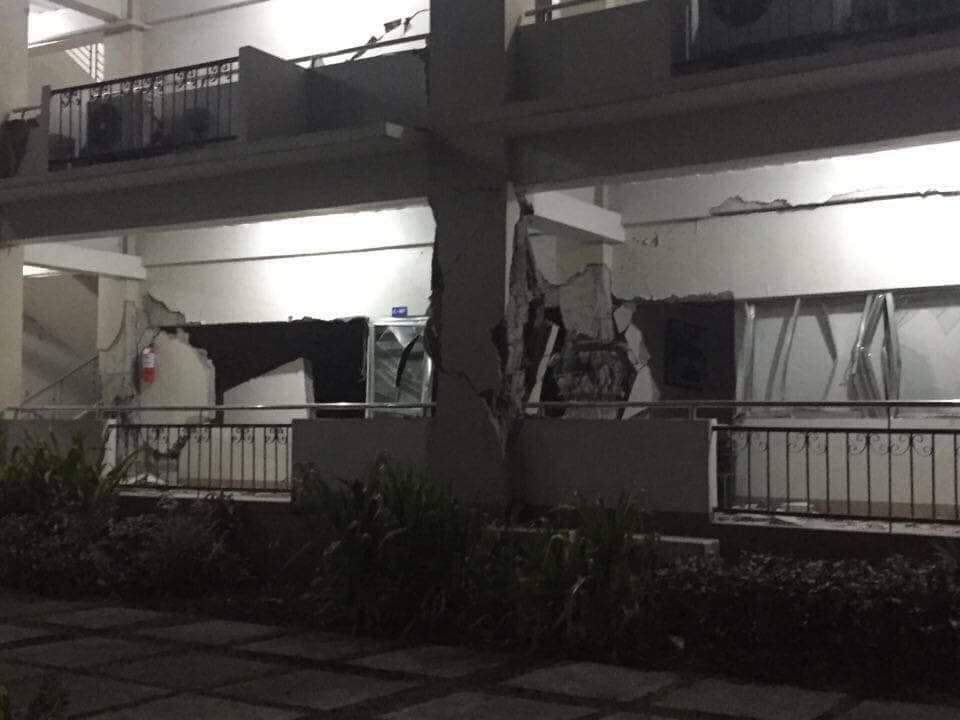We urge the public to inspect their own houses or buildings …

We urge the public to inspect their own houses or buildings for damages that could cause collapse later. This is to ensure safety of occupants. Below please see guide on how to conduct inspection.
Earthquake inspection guide:
• Examine the entire outside of the structure for cracks/collapse or obvious movement off the foundation.
• Check the ground for fissures or areas where the ground may have shifted. Are there any breaks in fence lines or other structures that might indicate nearby damage?
• Does the building look crooked or out of plumb?
• Is the floor or roof pulling away or separated from the building supports?
• Does the floor feel "bouncy", "soggy" or "mushy" when you walk on it? This may indicate damage under the floor.
• Has anything fallen off the roof? Are there any signs of cracks on walls?
• Inspect stairs for stability. If they were solid before the earthquake, and now they wobble when you walk on them, they may be a hazard. Are the banister and supporting columns secure?
• Are any windows or doors newly jammed or blocked? Can you easily raise and lower windows, or have they become difficult to move since the quake? Do all doors open and close without resistance?
• Look in the crawl spaces, stairwells, basements, attics and other exposed areas for signs of damage such as exposed or cracked beams, roof leaks, and foundation cracks.
• Check basement floors and exterior walls for cracks and bulges that may indicate more serious problems.
• Look for damage to ceilings, partitions, light fixtures, the roof, fuel tanks, and other attachments to the main frame of the structure.
• Check your furnace and hot water heater connections to make sure they are tight and not leaking.
• Check for sewage and water line damage. If you suspect sewage lines are damaged, avoid using the toilets and call a plumber. If you are on "city water" and the water pipes are damaged, contact the water company and avoid using water from the tap. If you have a well and suspect damage to the well or pipes, do not use the water and call a well company. You can obtain safe water from undamaged water heaters or by melting ice cubes.
• Are there new or bigger cracks in the drywall, stucco or plaster? Does the drywall have "stair step" cracks-a clear indicator of earthquake damage? Check closely around windows and doorframes for radiating cracks, the most common site of cracks from earthquakes.








